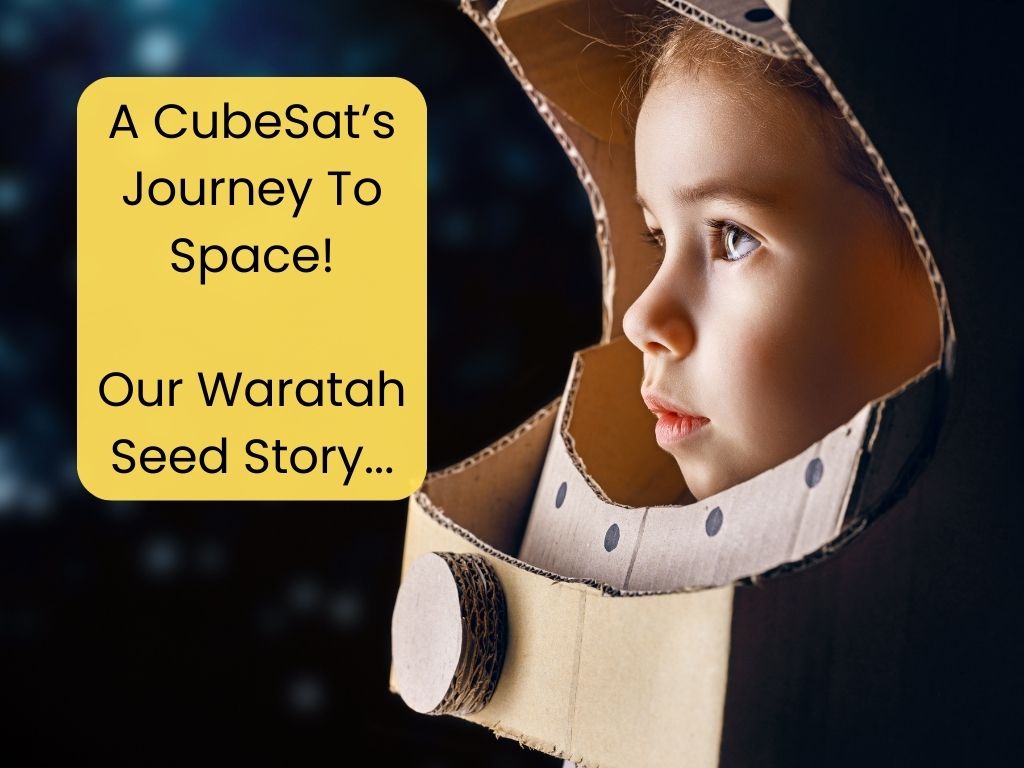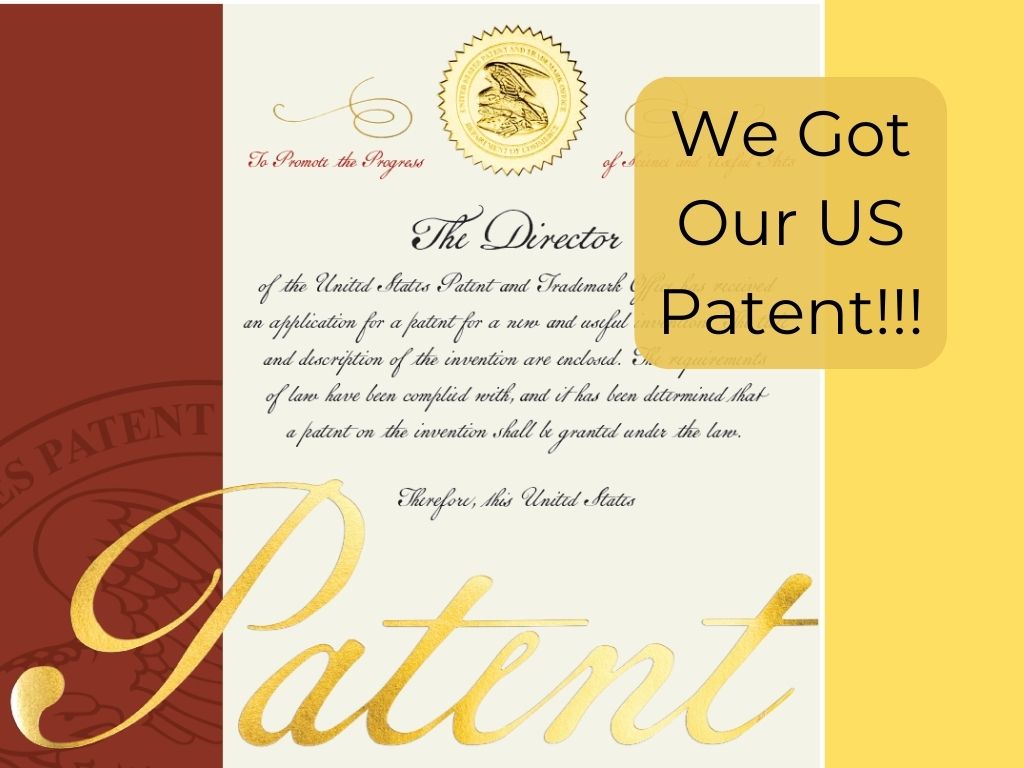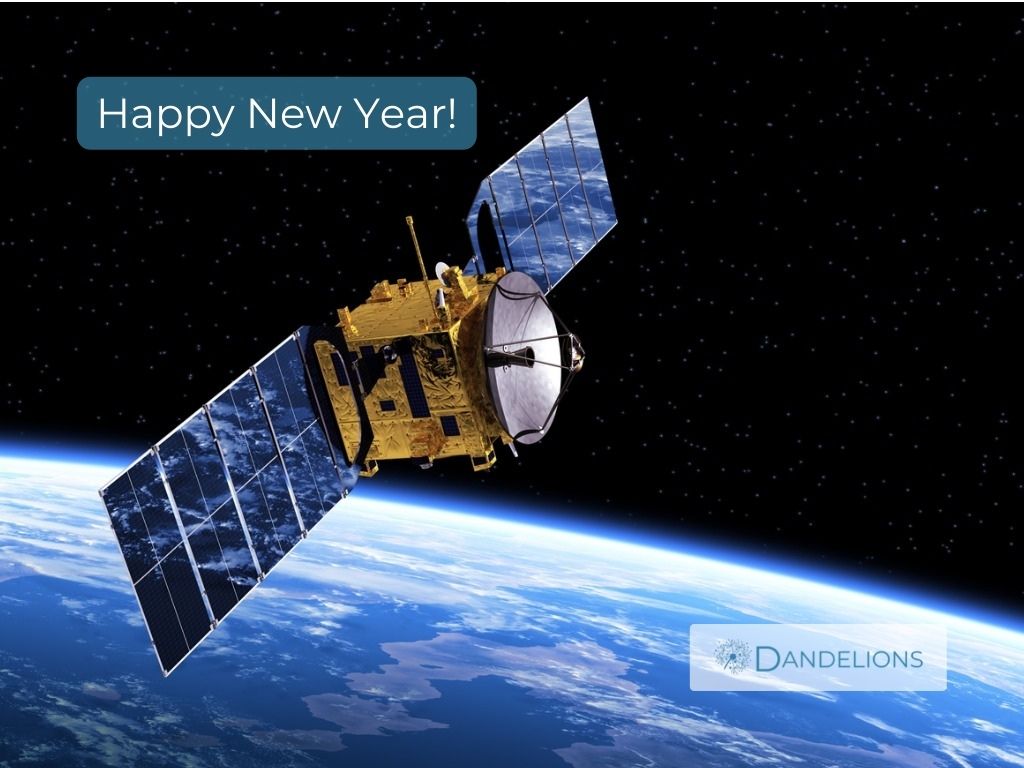Are you a passionate space explorer? In this interview session, Alexander La Poer Trench gives us answers about what it is like to be Dandelions' aerospace engineer and his experience in the contribution of discovering cutting-edge technology to pioneer new ways to communicate in disasters.
Q1: Why did you choose to be an engineer?
A: All my life I have been surrounded and inspired by stories of space travel, faster than sound flight, and exploration of the world’s most dangerous places. For the most part, the stories were science fiction, but in my little childhood brain, it spurred on some deep desire to help bring these stories to life.
My childhood fascination with Lego probably led me in the direction of acknowledging that you can build the future you want through engineering. As I’ve grown older and studied science (maths, physics, engineering), I’ve realised that the reality is sometimes more surprising than anything humans could possibly come up with, and that using the sometimes dubious laws of physics, we can push the boundaries of reality into the surreal.
Q2: What field of engineering did you choose and why?
I remember the first time I visited my university for Open Day, I walked into the Aeronautical Engineering orientation lecture, just purely because it sounded impressive, and I wasn’t disappointed. But what most caught my eye (don’t judge me for this) was a huge set of equations called the Navier Stokes equations, and as a naive high school student, I thought I could solve them. As a less naive Aeronautical undergraduate that hasn’t majored in mathematics, I’m more focused on what they say about aerodynamics.
Q3: What is the best and worst thing about your nominated engineering field?
Well… It’s definitely… the Navier Stokes equations, for sure.
Q4: 10 years from now, what do you think would be the best thing to work on?
I would love to work on electric aerial public transport.
As an L plater who has been procrastinating getting my P plates, I’m an avid bus user. I can imagine that economically viable flying buses will be available to the public and would change how we travel and communicate. I think the ability to quickly visit family or friends living two hours away, would connect cities and reduce our reliance on social media.
Q5: What do you find most interesting about the work we do at Dandelions?
I love knowing that we’re working on technology that could help save lives during natural disasters. In addition, we’re working on an aerial vehicle that is relatively rare and there is lots of research and testing to be done. It feels like we’re pushing boundaries.
Q6: If you were to give one piece of advice to a person in school who wanted to pursue engineering, what would it be?
Definitely join university clubs related to your field of engineering, for example, Rocketry, Biomedical, or Motorsport. Having a group of people around you who love building cool engineering projects is not only fun, but it will also hone your skills, and help you realise what you want to do as a career.
From my experience at an Australian university, there isn’t enough focus on practical engineering, and if you want to make a difference with engineering you’ll need that skillset.
Check out our other interviews with Dandelions Team!


